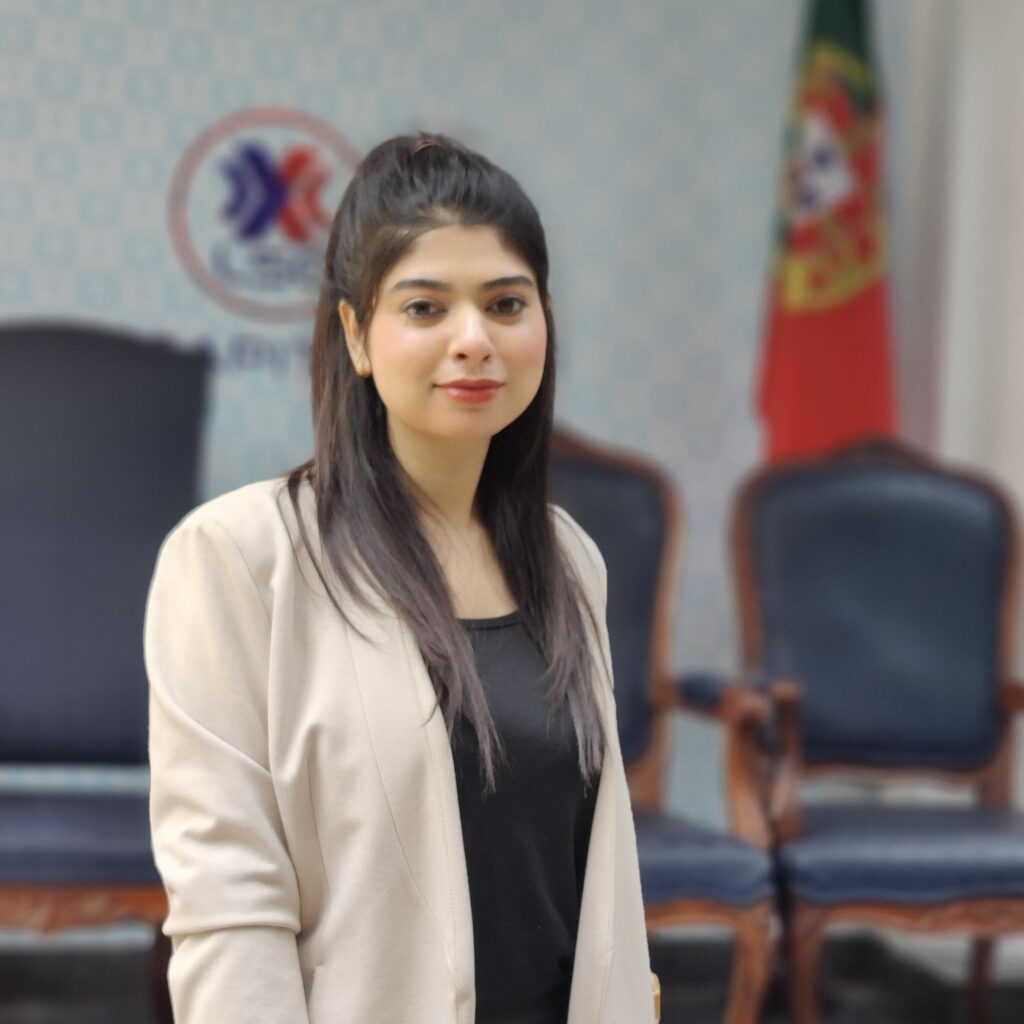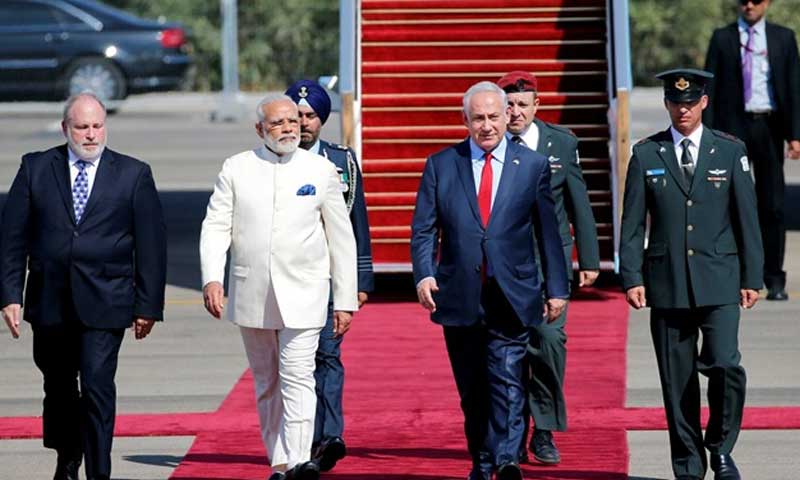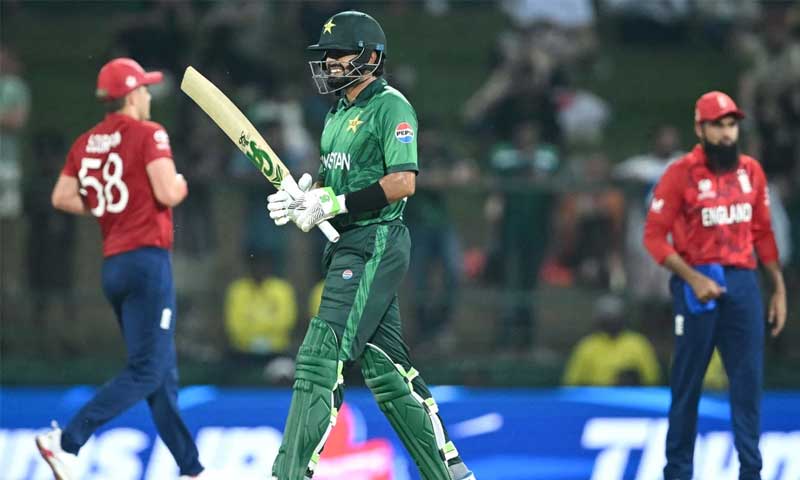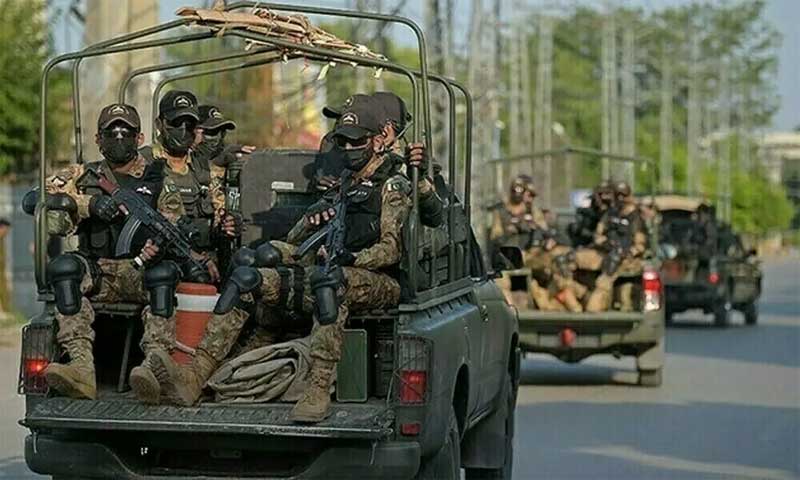- Web Desk
- Feb 26, 2026
The high-stakes power play in Syria
LAHORE: Turkey seems to be inching closer to its Ottoman dreams, flexing its muscles in Syria and challenging Israel’s regional influence. With a newly installed government in Syria, Turkey has stepped up its military and strategic support, filling the vacuum left after Israel obliterated 80 percent of Syria’s military capabilities in December.
With Bashar al-Assad’s forces either imprisoned, fled, or absorbed into Ahmad al-Sharaa’s new government, Turkey has seized the moment to entrench itself deeper into Syria’s political and military landscape. Meanwhile, Israel has escalated its military movements, pushing into Syrian territory and tightening its grip on the Golan Heights and UN demilitarised zones. This growing presence of Israeli forces is rattling Turkey, which sees Israel’s moves as a direct challenge to its influence in the region.
Recep Tayyip Erdogan has always been an outspoken critic of Israel, and his latest moves suggest he is forming a grand alliance to counter Israeli expansionism. Israel’s concerns are mounting as Turkey extends its support to Syria’s new leadership and initiates diplomatic overtures towards Iran.
The fall of Bashar al-Assad’s regime was a major blow to Iran, forcing Hezbollah to retreat. However, Israel fears that Turkey’s growing influence in Syria, combined with potential Iranian involvement, could revive Hezbollah and other resistance groups, posing a renewed existential threat to Israel. With Turkey’s backing, Syria might become a new launchpad for anti-Israel resistance, an outcome that Tel Aviv is desperate to prevent.
From Turkey’s perspective, analysts argue that Ankara is not seeking conflict with Israel but merely aiming for a stable Syria to secure its own national interests. Erdoğan has long viewed the Kurdish-led Syrian Democratic Forces (SDF) as a terrorist threat to Turkey.
By stabilising Syria and eliminating SDF’s influence, Turkey believes it can curb cross-border militant activities. Hosting millions of Syrian refugees has also become a political and economic burden for Turkey, making it imperative for Erdoğan to ensure Syria’s stability so refugees can return home. Despite its actions, Turkey maintains that the new Syrian regime does not pose a threat to Israel or any other country, with Syria’s new leadership publicly committing to non-interference in Lebanon.
Israel, however, remains unconvinced. It sees Turkey’s moves as an expansionist agenda rather than mere security measures. Israel continues to conduct airstrikes in Syria, targeting strategic locations, and remains wary of Turkey’s growing military footprint. Ankara has responded by extending intelligence-sharing channels to Israel, attempting to assuage its concerns.
Turkey has also been pressuring Syria’s leadership to formally declare that it will not be hostile to Israel. However, deep suspicions persist. While the new Syrian government lacks the capacity to project power beyond its borders, Israel is determined to prevent it from becoming a Turkish proxy.
Western nations are also recalibrating their approach to Syria. On March 1, German and French foreign ministers made a historic visit to Syria, meeting with members of its transition government, the first such interaction with EU diplomats since Bashar al-Assad’s ouster. Meanwhile, Israel has issued a stark warning by demanding the complete demilitarization of southern Syria and vowing zero tolerance for militant groups like Hayat Tahrir al-Sham. Effectively, Israel is trying to dictate the limits of Syria’s sovereignty, a move that has only deepened tensions with Turkey.
Turkey’s ambitions in Syria extend beyond military support; it is also heavily involved in reconstructing Syria’s shattered infrastructure. Erdogan’s government is offering military training, electricity and infrastructure development, and border security. Turkey is also eyeing permanent military bases in Syria, though it has reassured Israel that these installations will not extend beyond Hama or Damascus.
Despite these assurances, Israel remains on high alert. The Israeli intelligence community has reported that Turkish-backed forces have allowed Hezbollah and other resistance groups to regroup, raising alarm bells in Tel Aviv.
In a surprising twist, Israel is now lobbying in Washington to maintain a Russian military presence in Syria. While the US initially celebrated the fall of Assad’s regime as a geopolitical win against Russia, Israel sees a continued Russian presence as a counterweight to Turkish influence. After Assad’s fall, Moscow shifted its focus to Libya, hoping to use it as a launchpad for operations in Africa and West Asia. The US, which was relieved to see Russia withdraw from Syria, now faces an ironic dilemma as Israel pushes for Russian bases to remain intact in Syria.
Donald Trump’s foreign policy stance has further complicated the situation. The former US president made it clear that Washington has no interest in Syria, stating that it is “not our fight.” This has left a strategic vacuum that Turkey is eager to fill. Ankara is maneuvering smartly, ensuring that the SDF, which is backed by the US and Israel, is systematically weakened. Turkey is also leveraging its economic muscle by investing in Syria’s oil and gas sector, offering to build a new pipeline linking Iraqi oil fields to Syria and Turkey. In return, Ankara has two demands: the safe return of Syrian refugees from Turkey and the complete dismantling of the SDF’s presence in Syria.
Amid this geopolitical chess game, Syria remains a vulnerable battlefield where multiple actors are seeking opportunities. Turkey is skillfully balancing diplomatic engagement with hard power, securing its borders while extending its influence over Syria’s future. While Israel tries to counterbalance Turkish dominance through alliances with Washington and Moscow, Turkey is making strategic moves to reshape Syria to its advantage. The question now is whether this power struggle will lead to open confrontation or a grudging acceptance of new regional realities. Whatever the outcome, the battle for Syria is far from over, and its implications will ripple across the Middle East for years to come.






